HOMEMADE vs STORE BOUGHT
Is it better homemade baby cereal or the organic store bought one? Which kind? Is rice cereal a good option? What about whole grains?
Those are very common questions that I receive on my blog. Today I would love to share with you my opinion on the matter, based on my experience as a mom and my readings and studies as a baby food blogger.
First of all, let’s list the differences between homemade and commercial baby cereals
1 – Iron.
Commercial baby cereals are fortified with iron (and also other vitamins), homemade baby cereal is not.
During the pregnancy your baby gets a good amount of iron that he starts using right after birth. At around 6 months of age the iron reserve has become very low and needs to be refilled. Unfortunately breastmilk is very low in iron, so you need to find other “food” sources of iron for your baby. That’s also one of the reasons why pediatricians suggest to start a solid diet (in addition to breastmilk) at around 6 months.
Commercial Baby cereals are a good source of iron, but not the only one. Meat, poultry and fish are a wonderful alternative. That means that you can prepare your homemade baby cereal (that doesn’t contain iron) and simply mix it with some meat/poultry/fish to offer to your baby the same amount of iron contained in the store bought Baby cereals.
2 – Cooking time.
Homemade baby cereals need more time to cook (around 10 min) whereas commercial ones are instant, ready to use in 1 min. This can be a big difference pending how much time you have at disposal to prepare your baby food 😉
3 – Refined food.
Commercial baby cereal is highly refined in order to be ready to be served in only few minutes. The refining process strips away many nutrients. That’s the reason why the commercial brands are adding back these nutrients after the milling of the grain. That’s why when you check the ingredients list you will see iron and also other good additives.
On the other hand, homemade baby cereals are not processed or refined as you start cooking them from the grains.
My personal opinion is that both homemade and commercial baby cereals are a good food for your babies, you can use both of them pending what is more convenient for you.
For my kids I did a mix of homemade baby cereal when I had time and organic store bought one when I hadn’t.
If your main concern is to give more iron to your baby, commercial baby cereals are the only one with iron. But as I already mentioned, you can offer homemade baby cereals to your baby and add iron through other foods like meat, poultry and fish.
A well balanced diet is the best choice for your baby, a nice variety of foods also protects your baby against problems that may emerge feeding with only few ingredients.
WHICH KIND OF CEREAL?
Rice cereal (all of it. both white or brown, organic and not organic) contains arsenic. That’s a fact. The presence of arsenic itself it is not an issue, the quantity that makes it toxic is. How much arsenic is acceptable for a baby? That’s the big question and unfortunately there are not a lot of studies to give us an exact number or limit. The pediatric community suggestion (and this is also common sense) is that a moderate quantity of rice cereal in a baby’s diet will not hurt the baby. That means not giving rice cereal to your baby every day, but just once or twice a week.
Whole grains cereals. They are definitely a better nutritional option as they contain the entire grain seed, that means that they are higher in protein, vitamins, fiber and minerals, basically they are less refined. The downside of whole grains is that they are high in phytate, a chemical that reduces the iron absorption. But you can easily reduce the phytate quantity simply soaking the cereals and rinsing them under running water before cooking them.
Which whole grain cereal to choose is only a matter of personal choice: oats, barley, amaranth, millet, wheat, rye, buckwheat, bulgur, couscous, corn, spelt….
Remember, A balanced diet with a variety of foods will be the best way to avoid any food concern.
I really hope this post was helpful to you and your baby, please leave me comments or questions, I will be happy to reply!!

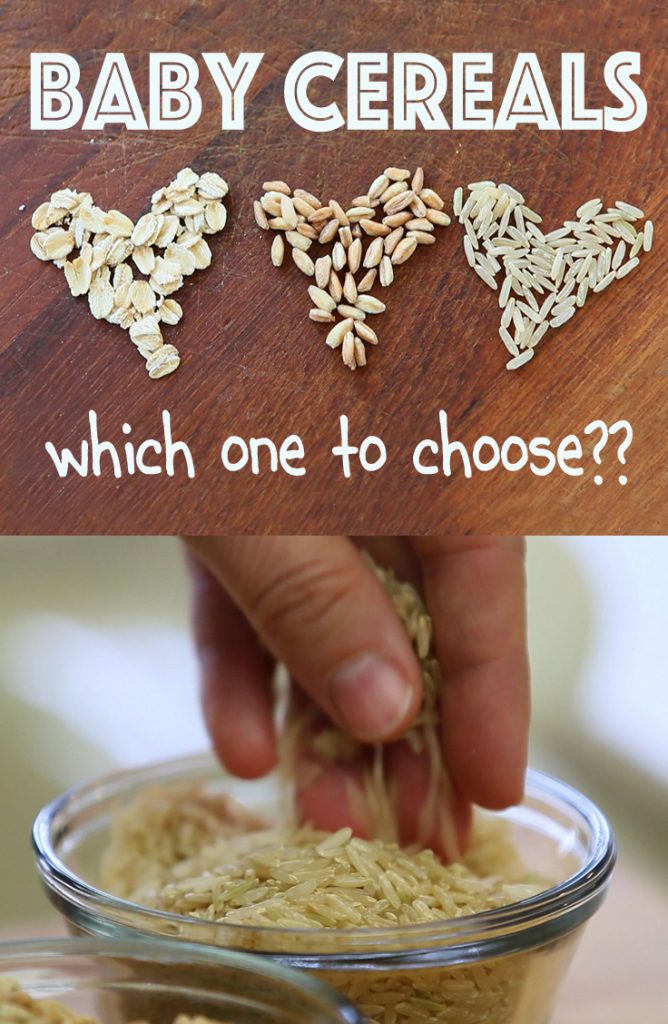
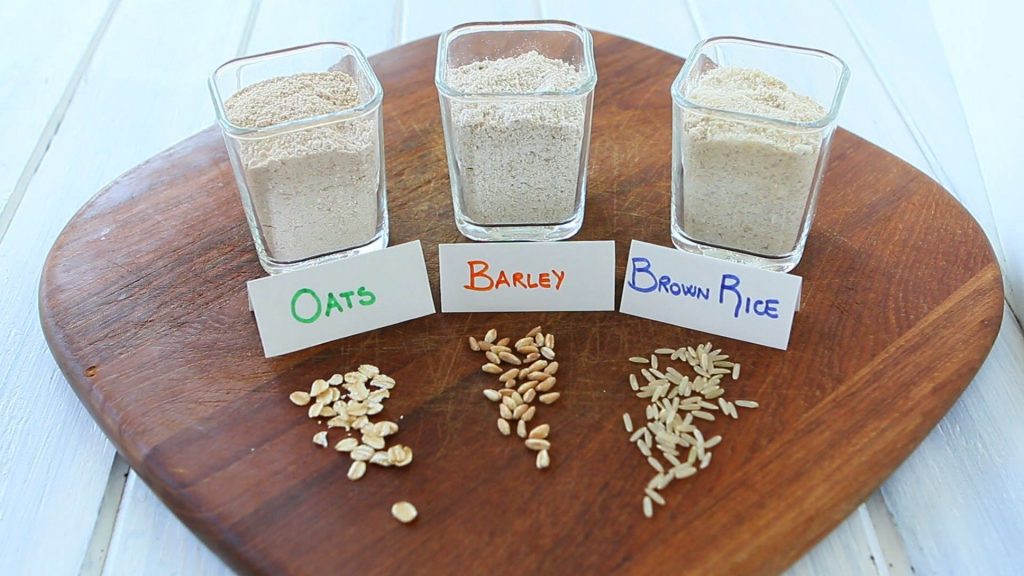
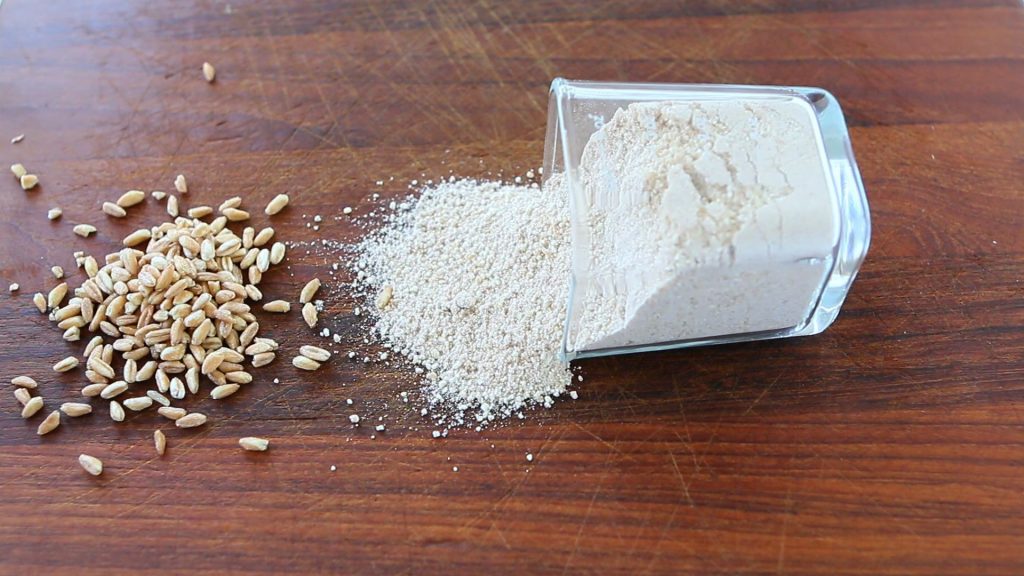
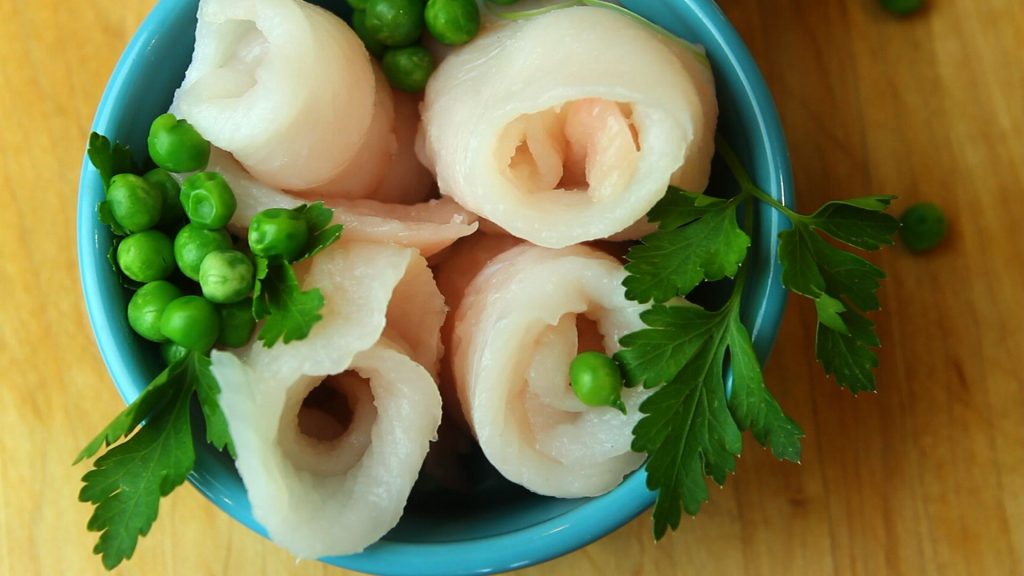
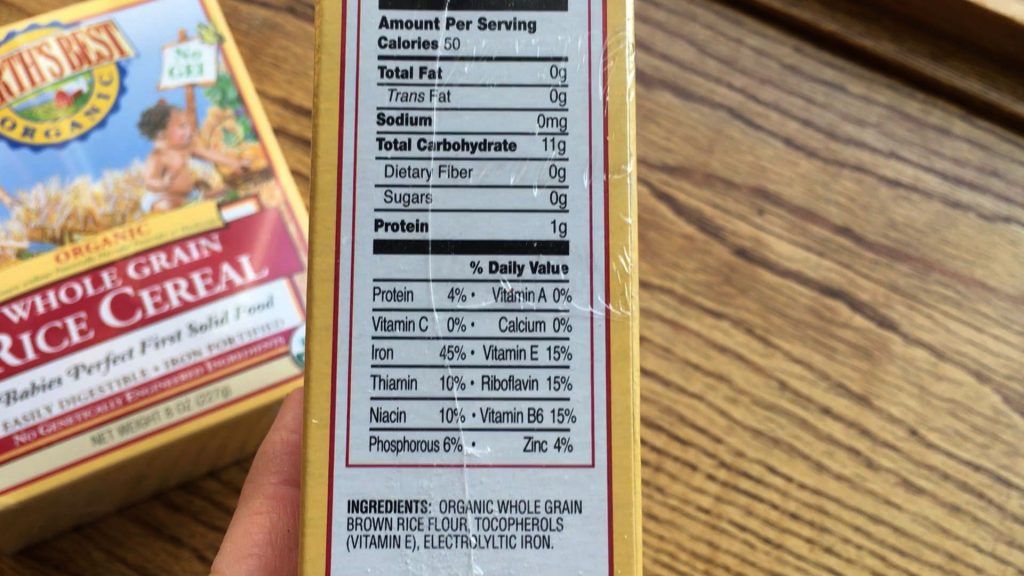
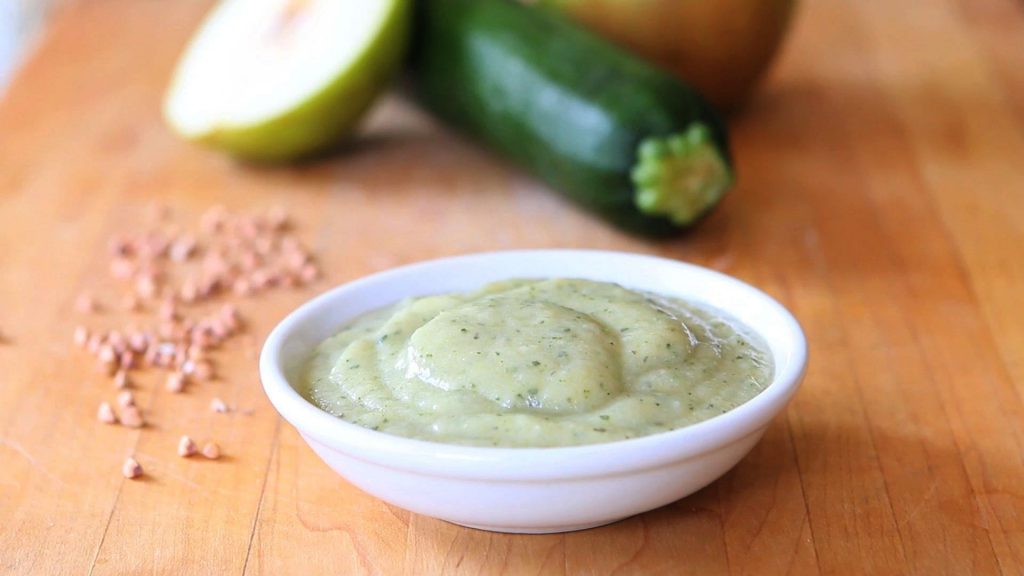
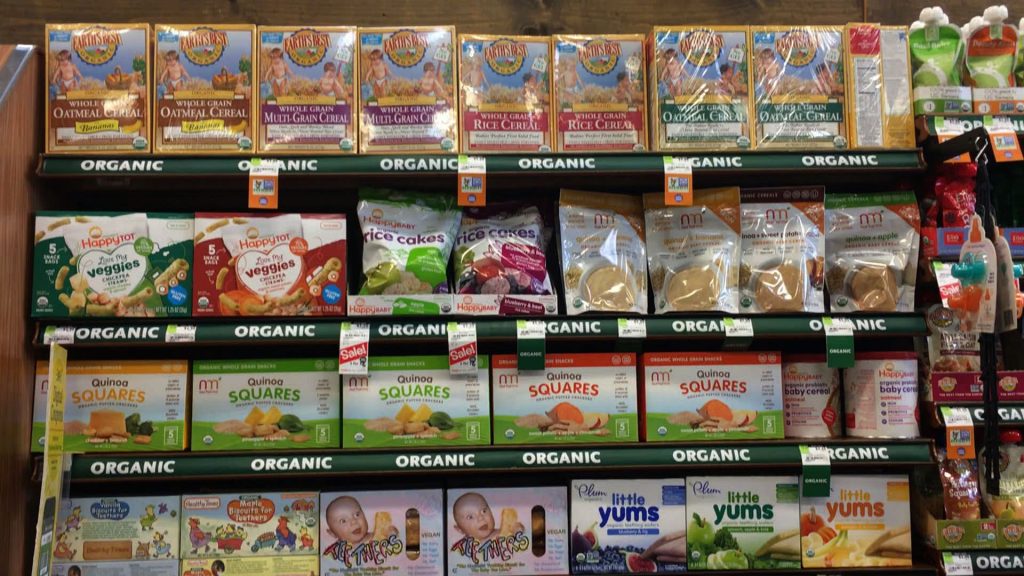
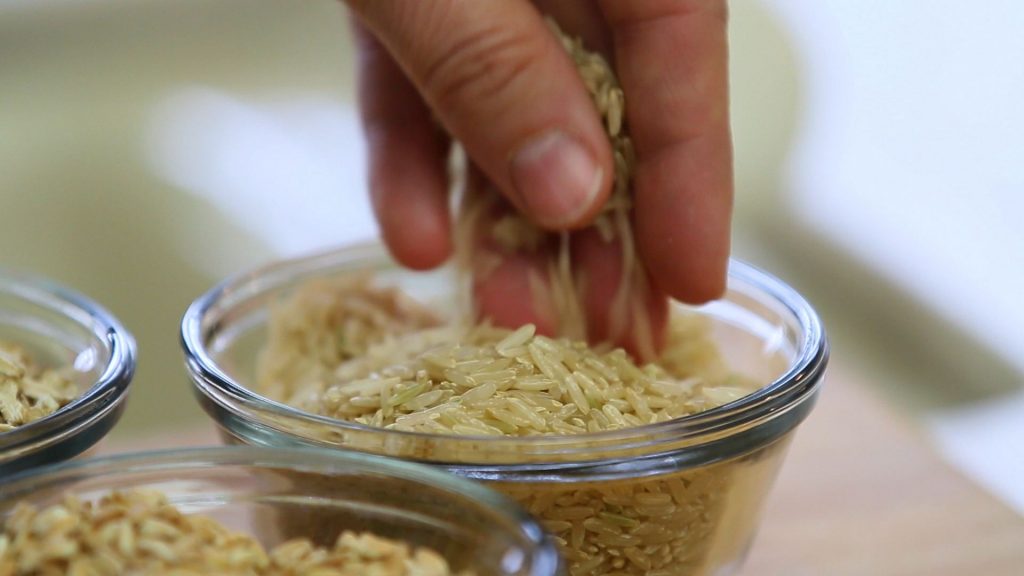

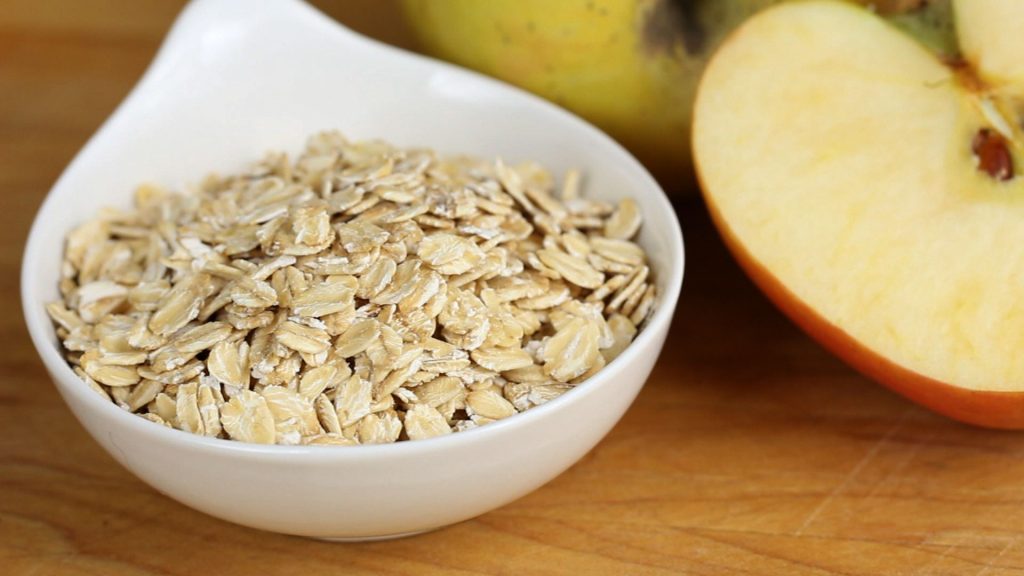
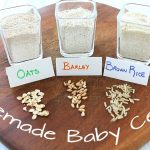
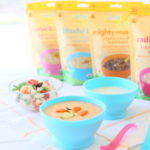
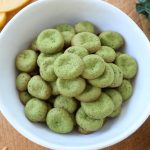

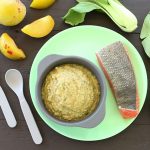
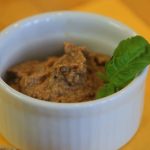

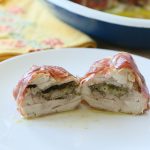
6 Comments
Did you make this recipe? Share the love, tag @buonapappa on Instagram and hashtag it #buonapappa I would love to see your creations!
Tiffany
October 19, 2018 at 10:27 pmDo you rinse oats before processing?
Barbara Lamperti
October 24, 2018 at 7:05 pmHi Tiffany! no, usually I don’t rinse oats. I definitely rinse rice. Ciao, b
Breyonna
October 28, 2019 at 3:03 pmWhen you said “ But you can easily reduce the phytate quantity simply soaking the cereals and rinsing them under running water before cooking them”… how do you do that? Do you do that before you grind the oats to a powder?
Barbara Lamperti
April 9, 2020 at 10:35 pmHi! Good question! You can soak the cereals overnight placing them in a bowl and adding water up to cover them. Then drain, rinse under running water and let them dry out completely before grinding into a flour. Ciao!
Heather
March 9, 2021 at 1:42 amHi! I noticed you said to give baby rice cereal only a couple times a week. I was instructed by my son’s pediatrician to do thicken feeds with rice cereal for acid reflux, since a month old. Meaning for a 4oz bottle 2-3tsp of rice cereal for each feed. He is now 11 months and we only do it for his evening bottle to help with any indigestion/ reflux from his dinner, 6oz bottle with 3tsp of rice cereal. Now I am concerned with how much arsenic I’ve been supply my child all this time. Do you have any information regarding lasting effects from doing this?
Barbara Lamperti
May 26, 2021 at 8:39 pmHi Heather, thank you so much for reaching out! I understand that the recommendation was based on an acid reflux issue that needed to be addressed. From my research on the topic I understood that the amount and assumption frequency of foods high in arsenic is what matters. I can suggest you three readings on the topic:
– consumer report. https://www.consumerreports.org/cro/magazine/2015/01/how-much-arsenic-is-in-your-rice/index.htm#rules
– A post from Dr.Vivian Chen https://www.instagram.com/p/CJ_zvzupKrW/?utm_source=ig_web_copy_link
– solidstarts post https://solidstarts.com/foods/rice/
Try to consider more or less how much you used to give to your baby on a weekly basis and see if you reached the limit or not. If so, I would suggest to consult your pediatrician and ask if the arsenic levels ingested will just disappear with time and for how long you will need to exceed the limits before incurring in side effects. I hope it helps. Sending